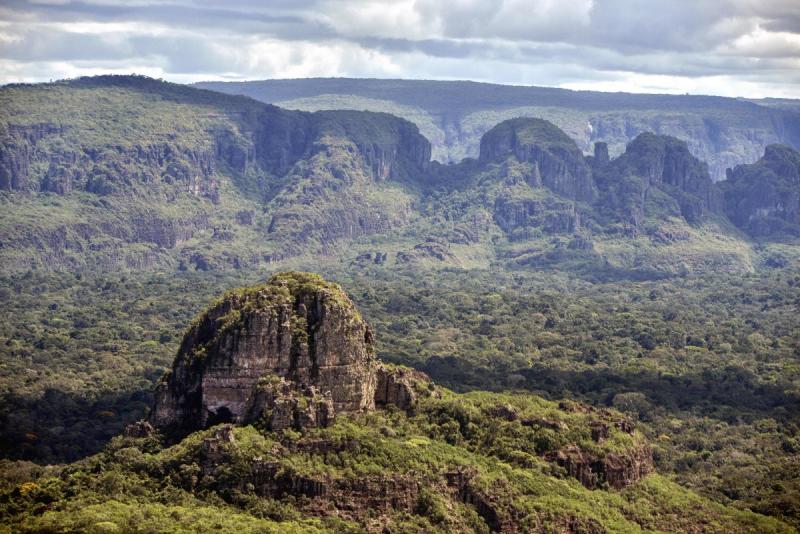

And unfortunately, because of global warming, they are just going to get worse and worse.” “We’ve shown that they’ve increased in intensity and duration in the past.

‘We’re just expecting marine waves to increase in the future,” Neil Holbrook, professor of ocean and climate dynamics at the University of Tasmania, told Mongabay. “So any shifts in environmental factors likely will have a shift in their prey, which will … bring those animals down.”Īs the ocean continues to heat up due to human-induced climate change, experts say marine heat waves will only continue to grow in intensity and frequency. “A lot of these marine megafauna - the larger animals - their movements are primarily dictated by movements of prey and prey distributions,” Pirotta told Mongabay. Sightings of tiger sharks (Galeocerdo cuvier) and whale sharks ( Rhincodon typus) off the coast of New South Wales are likely to do with the marine heat wave, says Vanessa Pirotta, a wildlife scientist at Macquarie University. In 2016, there was also a significant marine heat wave that took place in the Tasman Sea that led to wild mollusk mortalities and disease outbreaks at oyster farms. One of the most notable events took place in the Pacific Northwest between 20, which led to toxic algal blooms and mass marine mortalities. Marine heat waves can have a range of implications on the marine environment, from coral bleaching to the redistribution of fish to the destruction of kelp forests. But by 2020, 80% of the ocean had experienced these events, according to Hobday. In 1982, only 60% of the ocean had experienced a marine heat wave. “Think of it like the stock market on an uptrend, along the way you have lots of highs (and lows) but those highs are getting higher because of climate change,” Roughan said. Yet human-induced climate change has also been playing a leading role in making these heat waves more frequent and intense, Roughan told Mongabay in an email. Marine heat waves, which can be defined as warming events in which water temperatures breach a certain threshold and last for at least five days, can be triggered by a range of atmospheric, oceanic and climatic drivers. In fact, Alistair Hobday, research director and principal scientist for the Australian government’s Commonwealth Scientific and Industrial Research Organisation (CSIRO), called the Sydney event “pretty small” in comparison to other marine heat waves happening around the world. In the region around Australia, there are also marine heat waves simmering off the coast of the island state of Tasmania and New Zealand’s North Island. This marine heat wave is just one of many playing out in the global seas, from the Arctic Ocean to the Southern Ocean. While this marine heat wave has moved slightly away from the coastline, which means it will be less damaging to coastal ecosystems, there are still sea surface temperatures of about 25☌ (77☏) east of Sydney. Other experts noted that the event could be quite impactful to a range of marine animals, including sharks that traveled further south in search of food. Moninya Roughan, an oceanographer at the University of New South Wales, told The Guardian that the event was “extreme,” with hot water covering an area of about 200 square kilometers (77 square miles). Last month, this marine heat wave, which started in November 2021, garnered international attention. So that’s 4 to 5 degrees higher than normal. “It’s normally about 18 in November, December. “We had at least 23 sea surface temperature,” Harcourt, a professor at Macquarie University, told Mongabay. When conservation ecologist Rob Harcourt went surfing off the coast of Sydney, Australia, he immediately knew the water was warmer than usual. While marine heat waves can be triggered by a range of atmospheric, oceanic and climatic drivers, climate change plays a key role in driving these events.

This marine heat wave is just one of numerous events occurring across the global oceans as human-induced climate change heats up the oceans.In November 2021, an unusual marine heat wave materialized off the coast of Sydney sea surface temperatures in the area have yet to go down.


 0 kommentar(er)
0 kommentar(er)
